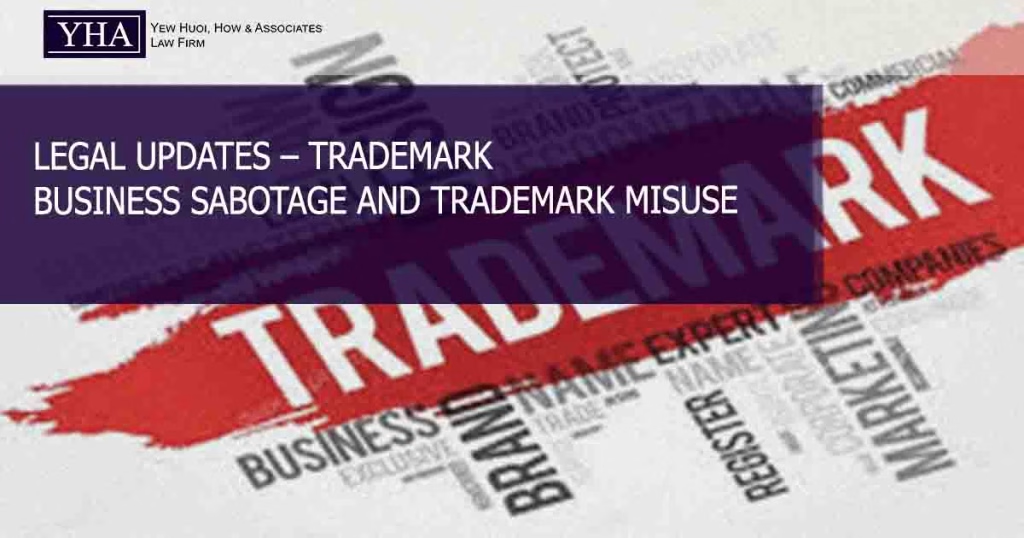1. Summary and Facts
The case S3 Ventures Sdn Bhd v Oravel Stays Singapore Pte Ltd & Anor [2025] MLJU 40 concerns a dispute between S3 Ventures Sdn Bhd (“Plaintiff”), the owner of Sky Star Hotel, and Oravel Stays Singapore Pte Ltd & Anor (“Defendants”), relating to the Marketing and Operational Consulting Agreement (“MOCA”) dated 25.10.2018. The Plaintiff alleged breaches of contract, unlawful interference with business, failure to comply with post-contractual obligations, and infringement of intellectual property rights.
Under the MOCA, the Plaintiff engaged the Defendants to provide marketing and operational support through the OYO Platform. The agreement included a three-month lock-in period, during which termination was not permitted, and a three-month management fee waiver effective from 31.10.2018.
The Plaintiff issued a Notice of Termination on 15.1.2019, which took effect on 17.2.2019. Following termination, disputes arose concerning the Defendants’ continued control over the Plaintiff’s OTA (Online Travel Agent) accounts, unauthorized fee charges, rate manipulation, customer redirection to competitors, and continued use of the Plaintiff’s “Sky Star Hotel” trademark.
2. Legal Issues
i. Whether the Defendants breached the MOCA by charging management fees during the waiver period and unilaterally lowering hotel rates?
ii. Whether the Defendants sabotaged the Plaintiff’s business by diverting customers to competitor hotels and obstructing OTA access?
iii. Whether the Defendants continued using the Plaintiff’s “Sky Star Hotel” trademark post-termination without authorization?
iv. Whether the Defendants failed to restore the Plaintiff’s OTA access and remove their branding post-termination?
v. Whether the Plaintiff breached the MOCA by failing to disclose an agreement with Agoda AGP and continuing to use OYO branding post-termination?
3. Court Findings
• The court ruled in favor of the Plaintiff, holding that the MOCA was validly terminated on 17.2.2019, following the agreed lock-in period. However, the Defendants failed to comply with their contractual obligations post-termination.
• It was found that the Defendants had wrongfully charged management fees, despite agreeing to waive them for three months. Additionally, they had unilaterally lowered hotel rates, which resulted in financial losses for the Plaintiff. The court also noted that the Defendants had failed to return OTA account access, preventing the Plaintiff from managing its own hotel bookings and affecting business operations.
• Further, the court determined that the Defendants had engaged in unlawful interference, including rerouting guests to competitor hotels and altering the hotel’s Google listing to state it was “permanently closed”, causing reputational damage to the Plaintiff’s business. Additionally, the Defendants had continued to use the Plaintiff’s trademark even after the MOCA had been terminated, constituting trademark infringement.
• On the Defendants’ counterclaim, the court found that they failed to provide sufficient evidence to support their allegations that the Plaintiff had misused OYO branding or that they had overpaid the Plaintiff. As a result, the counterclaim was dismissed.
4. Practical Implications
This case highlights the importance of clear termination clauses, compliance with contractual obligations, and safeguarding business operations. Companies should maintain control over their branding, online booking platforms, and customer relationships to avoid disputes. Documenting agreements and communications is crucial to protecting legal rights and ensuring smooth transitions after contract termination. The ruling also emphasizes the need for strong intellectual property protection to prevent unauthorized use of trademarks and branding.

